🥝6 Ways Fasting is Changing My Life
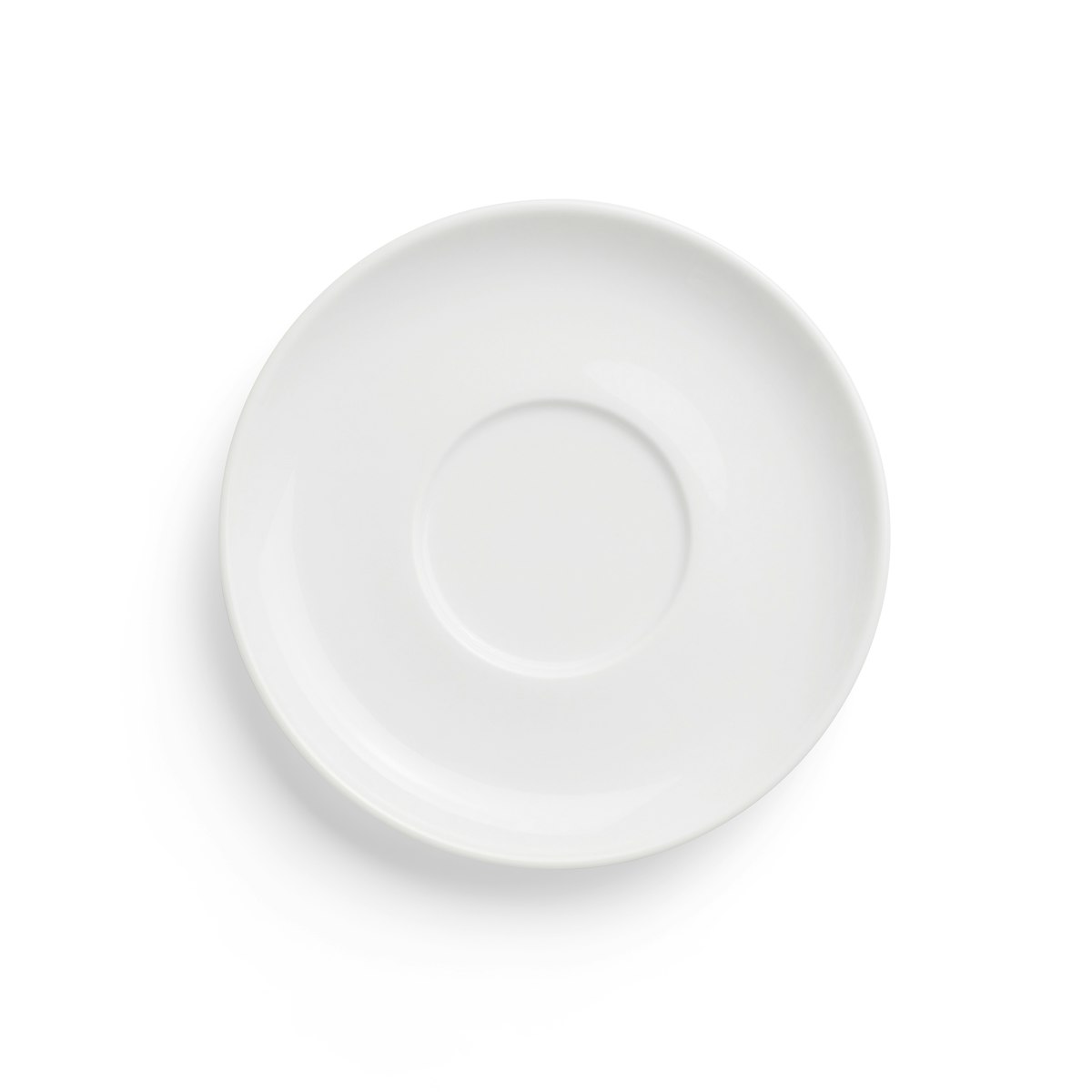
Fasting changed my life.
Right now, I weigh 151 pounds at 5’9’’ and wake up fit, energetic, and ready to go about my day. But two years ago, I weighed 185 pounds. I felt sluggish, tired, and large.
I didn't understand why I was overweight. I ate relatively healthy compared to most Westerners. My meals consisted of homemade white bread with olive oil or peanut butter, oatmeal with milk and honey, or a bowl of pistachio nuts.
I failed to realize eating healthy isn't synonymous with eating low-calorie foods. So the pounds kept coming.
In response, I tried dieting but was quickly overwhelmed by the amount of information concerning the "correct" way to eat—Keto, vegetarian, vegan, carnivore, pescatarian, and more. In the chaos, I decided to pick one and stick to it. My “anabolic diet” journey began.
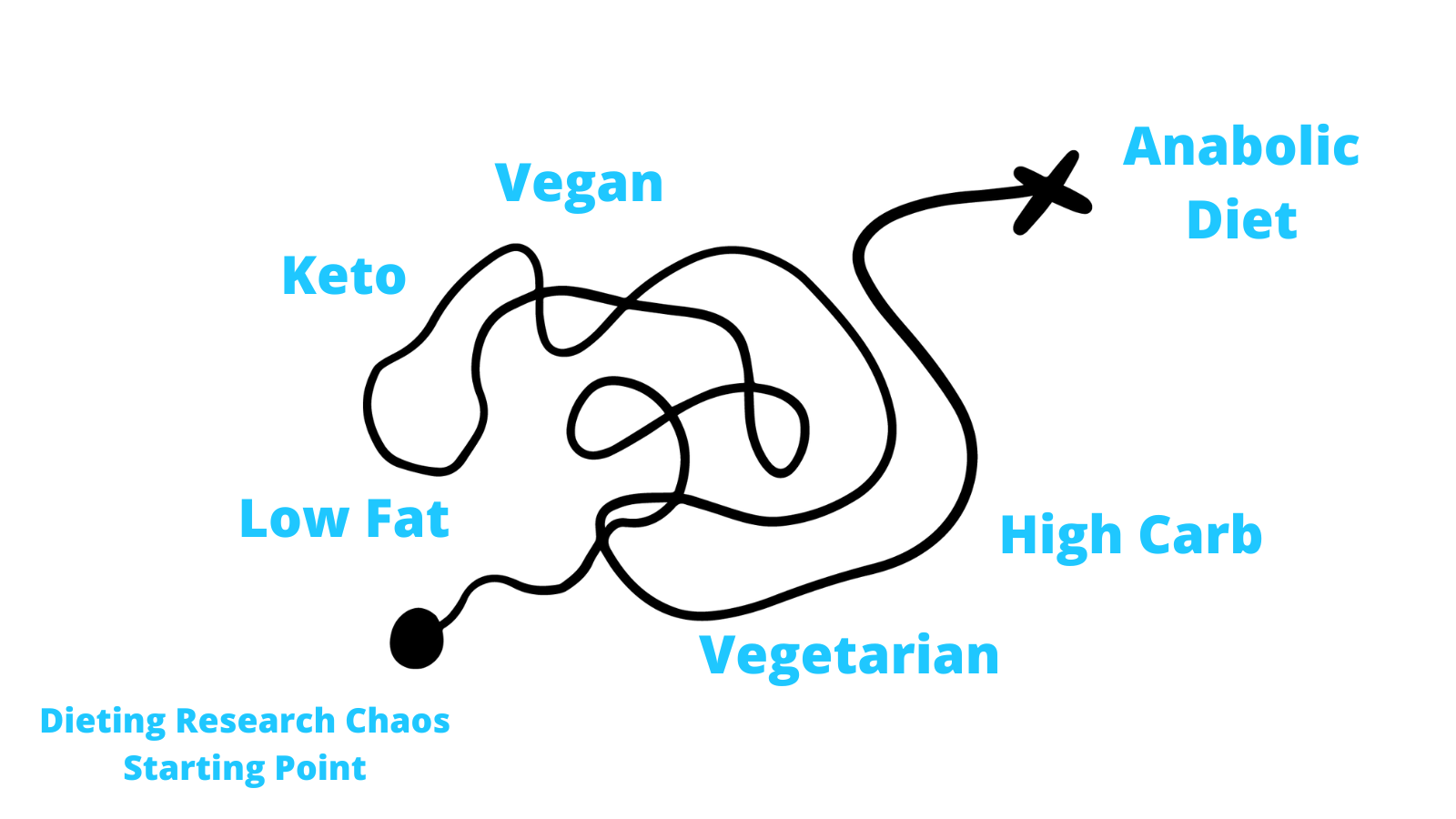
The anabolic dieting routine I was following prioritized eating high protein high volume foods to create a sense of artificial fullness. I took it to the extreme.
I crafted a rigid eating routine with set foods and times of the day to eat. I ate "anabolic" protein ice cream and stuffed myself with high-volume foods like salad and popcorn.
When my family and I went to the store, I loaded the shopping cart with romaine lettuce and sugar-free barbeque sauce. At dinner, I sometimes cooked another meal for myself alongside the beautiful one my family cooked because they used “too much full fat.” I had to stick to my diet.
After two months of hell, I weighed in at 160 pounds. I felt terrible. I was weak, hungry, and had lost significant muscle alongside fat. But most of all, I was tired. I was tired of letting the way I ate control my life and relationships with those I loved. I could tell my family was upset with the way my eating patterns affected them.
Then I discovered fasting.
Essentially, fasting as an eating approach means "going without." After the complicated diets I was used to, fasting appealed to me because of its simplicity. There is one rule: don't eat.
Fasting is flexible as well. I can change my fasting schedule based on the day. If I'm feeling tired and sluggish, I eat earlier. If I had a big meal at a restaurant the day before, I skip lunch.
Most of all, fasting is the only eating approach I have tried that I think I can stick to for life. With fasting, I wake up feeling rejuvenated, fit, and ready to go about my day.
As I have fasted for longer and longer—trying shorter and longer fasts, doing intermittent fasting, and reading more on the literature—I have found a number of benefits I never expected before I started fasting. After fasting for more than six months, I have found six main ways it has changed my life. In this article, I will explain all six of them.
Before we begin, I want to clarify that I don't believe fasting is the “holy” diet. The best eating approach is the one that works for you. If you have tried fasting and it isn't your cup of tea, don't do it. But I hope these six reasons at least make you consider giving it a try.
6 Ways Fasting Changed My Life
1. I Connect More With The Outside World
We've all experienced the dreaded food coma. How do you feel after a massive Thanksgiving meal, complete with turkey, pumpkin pie, and cranberry sauce? You probably feel like a concrete block.
This is because in the fed state your body puts energy into digesting food. Blood and glucose which could have gone to your brain go to your stomach to fuel digestion instead. As a result, your body puts less focus on the outside environment as it already has food it’s digesting.
While fasting, however, your body is more externally focused. You aren’t undergoing as much digestion and therefore your brain signals you to look for food in the environment. This gives you an incredible sense of mental clarity.
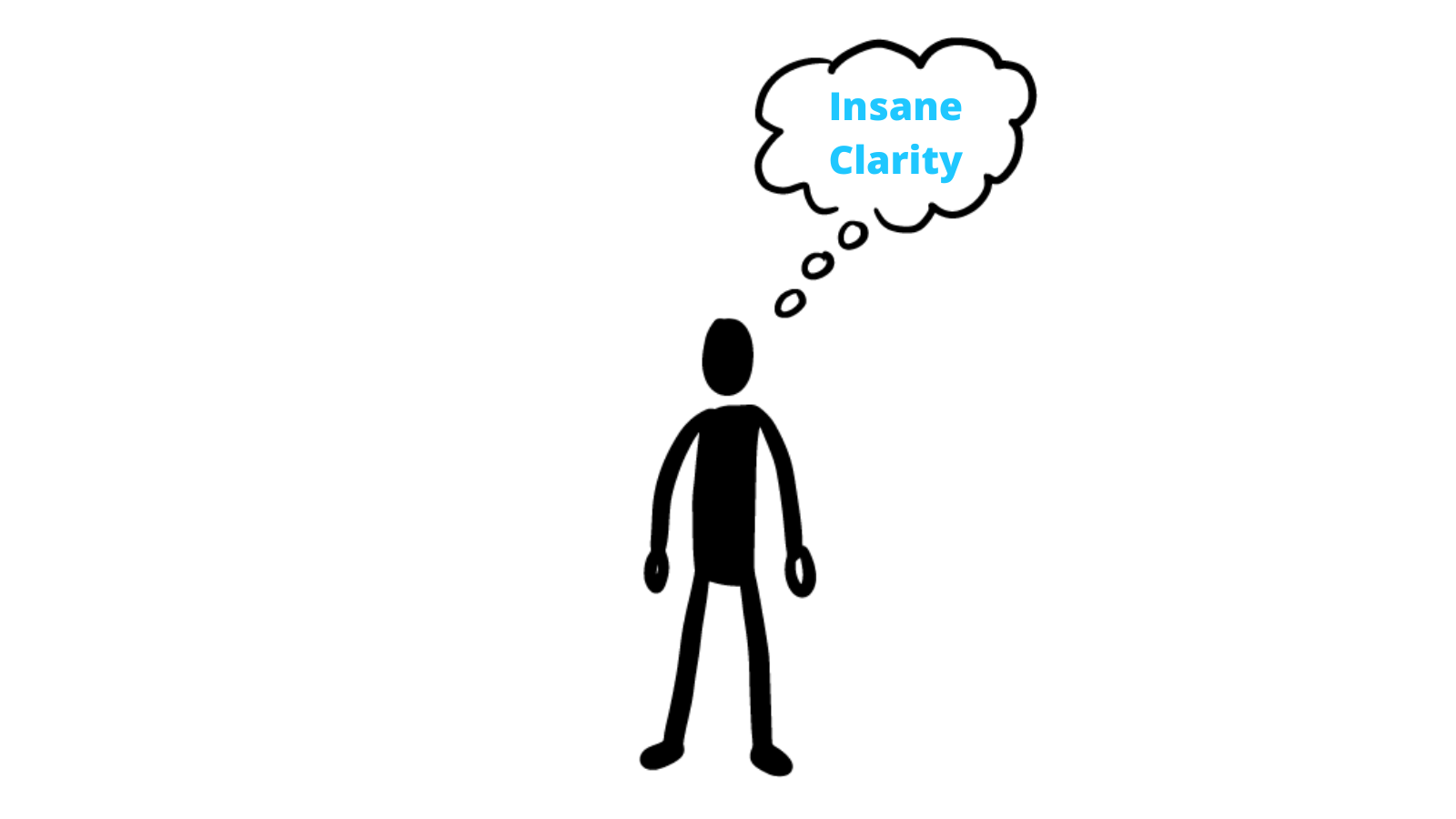
I do my best writing while fasting in the morning. Walking outside is awe-inspiring. Everything is so colorful.
Fasting is especially useful during extended traveling adventures.
About a month ago, I was on an eighteen-hour train ride from Kalmar Sweden to Roermond Netherlands. Knowing I would be on the ride, I decided to fast for 36 hours by skipping out on a day worth of eating and breaking my fast with my family at lunch the next day.
I spent most of the train ride reading books or listening to podcasts. If I had eaten, I would almost certainly spend the time sleeping or dazing off.
2. I'm Free From Cravings and Hunger
On the anabolic diet, I believed I had to eat as frequently as possible to "fuel my metabolism." I also avoided all "unhealthy" foods like they were cancer.
Ironically, this only made my cravings and hunger worse.
My diet didn't allow me to eat chocolate, ice cream, pistachios, or glorious white bread with peanut butter. Instead, I could enjoy a gargantuan salad with sugar-free barbeque sauce!
I thought hunger was bad. So like many Western dieters I ate three meals a day with snacks. And at every meal, I tried to create an artificial feeling of fullness by gorging on salad, popcorn, and other high-volume foods. I didn't realize there was a difference between true physical hunger and psychological hunger from boredom.
Fasting saved me from these cravings and hunger in a few ways.
Firstly, I could indulge my cravings every so often and not feel bad. Because I eat less when I fast, I don't have to feel guilty if I "accidentally" eat half a jar of peanut butter once in a while.
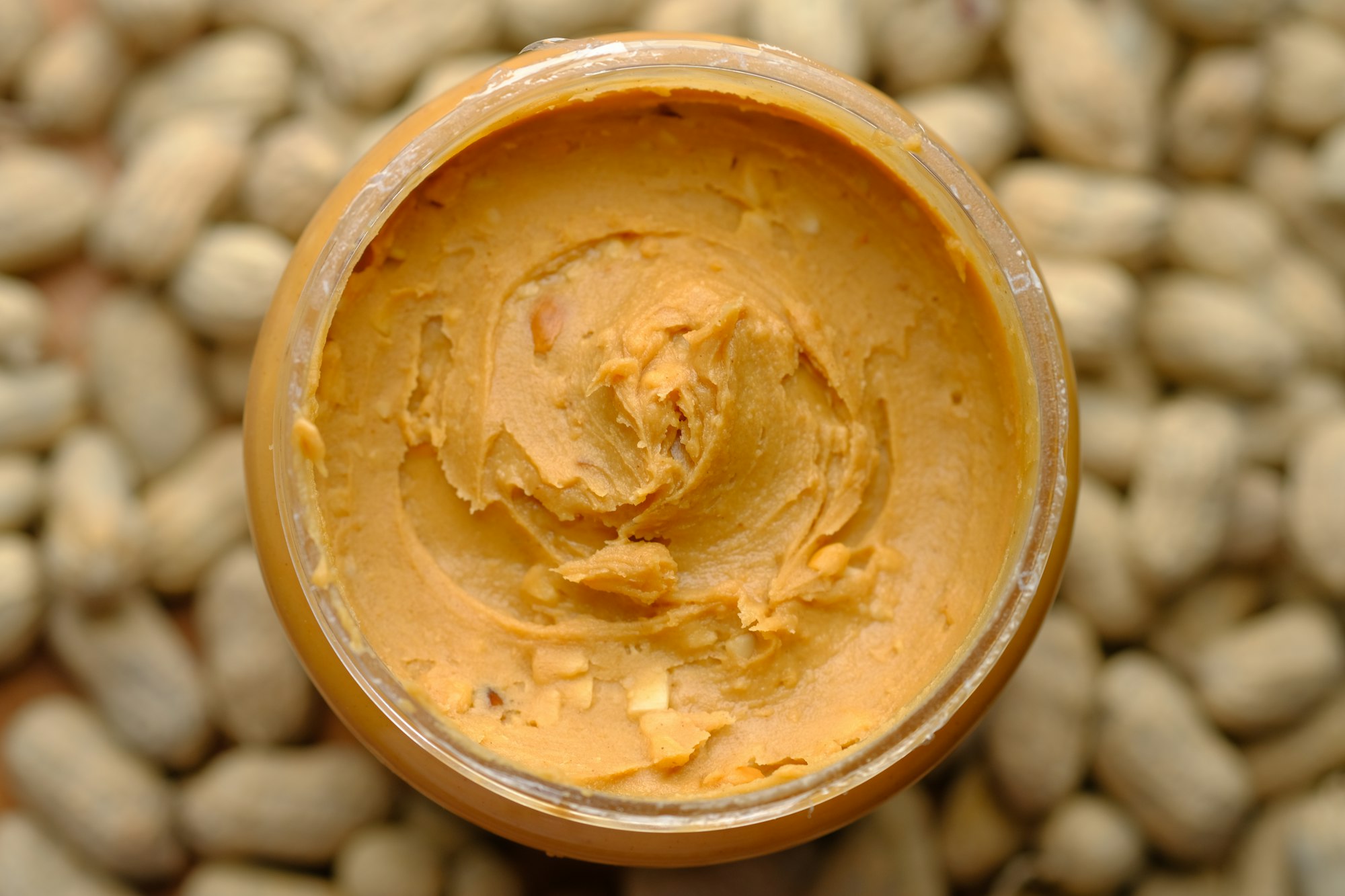
Secondly, I know the difference between true physical hunger and simple cravings. Once I went for 36 hours without food and felt the best I ever had, I knew the body's hunger cues were lying. In fact, after your body realizes you won't be eating (usually two to three hours after a normal meal), you start to feel less hungry as your body switches to using fat stores for energy.
Thirdly, I stopped constantly thinking about food. On a daily basis, studies show 15% of our thoughts are some iteration of "When is my next meal?" or "What's for dinner?" On a diet, this can be as large as 50%.
Once I committed to fasting, I allowed my brain the space to think about other things instead of worrying about where I would get my third snack. Like ideas for future YouTube videos or interesting things I could do with friends.
3. I Allow My Body to Rest and Recover
Fasting allows my body to rest and recover from the chronic high state of insulin and inflammation most Western dieters are in.
Insulin is a hormone released by the pancreas to help absorb glucose into our cells anytime we eat. Unfortunately, because most Western dieters eat three meals a day with snacks, their pancreas is in insulin overdrive. Modern science clearly shows chronic high insulin levels are a precursor to insulin resistance and diabetes.
In addition, eating too often can also lead to chronic inflammation. Many foods—most notably the processed foods filling our supermarkets today—contain damaging molecules that stress our body similarly to physical injury. This can provoke an inflammatory response every time we eat, leading to chronic inflammation.
Acute inflammation, caused by physical stress or injury, is good for us as it’s our body's natural repairing process. But chronic inflammation can increase the risks of cancer, Obesity, Type II Diabetes, and a whole bunch of other things.
How does fasting avoid these issues?
When you eat nothing, there's no food to release insulin or cause inflammation. Instead, your cells switch from a state of digestion to a state of autophagy, a form of cellular cleansing which translates as "to eat oneself."
During autophagy, your body goes through a regulated, orderly process of breaking down and recycling cellular components. Most Western dieters cells never get the chance to undergo this process because they constantly eat. Instead, their cells slowly build up harmful toxins and grow old.
Fasting is medicine.
4. I'm Free From The Constraints of Time
Nowadays, most people plan their meals around the clock. They eat at the same time of the day regardless of hunger or social cues.
This way of eating is completely nonsensical. As hunter-gatherers, our meals never came at consistent times. We ate when we could. Sometimes we would go for days without eating. We didn’t evolve to eat at regular times.
Imagine this scenario. Someone tells you to drive to the gas station every Tuesday and Thursday at 12:00 p.m. to put in ten gallons?
Why?
Because that's when everyone else does it. Don't question. It doesn't matter where, when, or how much you have driven your car. You fill your tank every Tuesday and Thursday at 12:00 p.m. It’s the way it is.
Most people would say this is ridiculous. And yet, this is how many eat, following the classic breakfast, lunch, and dinner with snacks.
Fasting frees me from the constraint of having to eat on a schedule. If I don't have an easy way to get lunch, I don't eat lunch. If I'm not hungry for dinner because I had too big of a lunch, I don't eat dinner.
I simply have more time than other people. Every morning I have 30 more minutes for writing, exercise, and introspection because I don't eat breakfast. That's 180 extra hours every year.
This works particularly well because most people don't eat breakfast with others meaning I don't miss out on any valuable social interaction. And if I fast for an entire day, I have around two extra hours to do other things than cook or eat.
Fasting also lets me be more intentional with the time I do eat. I want almost every meal I have to be with others. I believe eating and social interaction are some of the most intimate things you can do.
When you eat, you consume part of the universe and use it to fuel you (don't worry, I won't turn spiritual halfway through this blog post on you). Because I fast, I can eat dinner between 4:00 and 8:30, depending on my company.
5. I've Broken My Addiction to Sugar
Most Western dieters are addicted to sugar.
Go to any supermarket and read the nutrition label. You will be disturbed by the amount of added sugar and dozens of other ingredients you can't even pronounce. It's insane.
Here’s a photo of what a Twinkie is made out of:
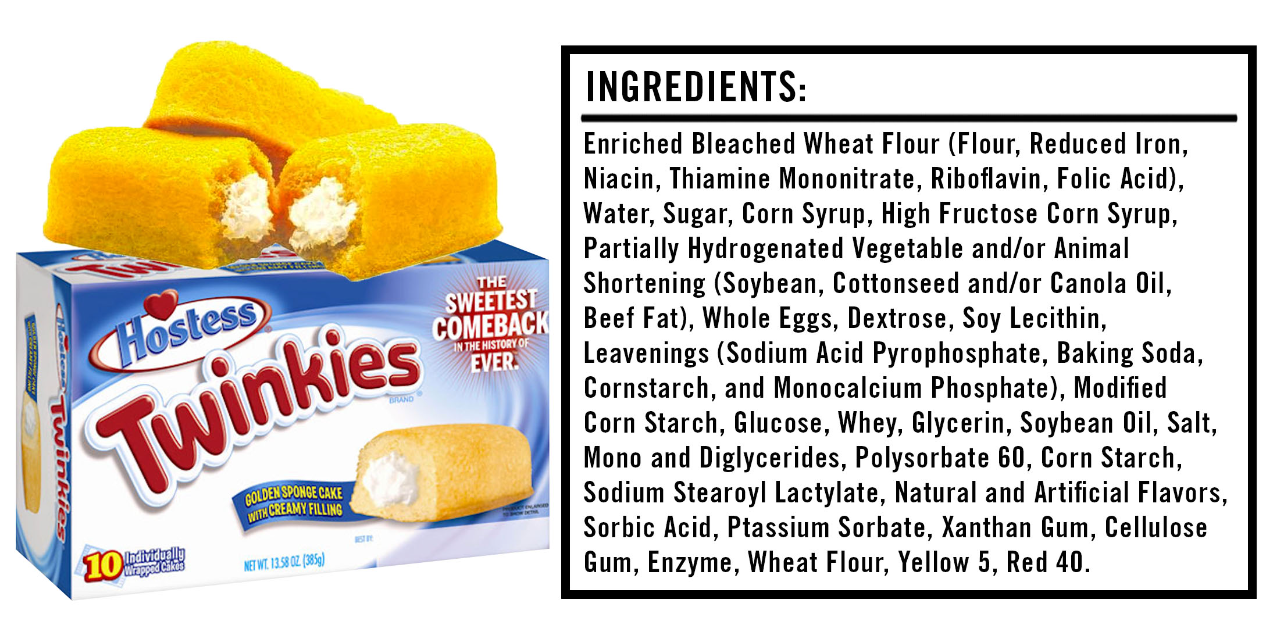
I don’t know what half of those things are.
By eating these highly addictive substances, most Western dieters have become reliant on them. I know many people who can barely go a single day without eating candy, greasy pizza, or some donuts.
By fasting, I have broken my addiction to sugar. When I go for 36 hours without food, my body understands it doesn't need the junk to survive. I no longer HAVE to have something sweet after every meal. I can still eat dessert, but I won’t die if I don’t.
Fasting stops my body's metabolic addiction to sugar as well. Our bodies have two main methods of storing energy: in the liver as glycogen or as fat.
If it's available, our body uses glycogen (a polymer of glucose (sugar)) from the liver for energy. It only transitions to using fat or ketones for energy once we have run out of glycogen in the liver.
But if you’re the type of person who eats every three hours your liver will rarely (if ever) be entirely out of glycogen.
While fasting, however, your body switches primarily to fat as its primary form of energy. Once you eat, it switches back to glucose. In this way, fasting makes you more metabolically flexible by training your cells to switch between burning sugar and burning fat.
This is incredible, especially for athletic endeavors.
If I ever run a marathon, my body will be ready to use glucose and fat for energy throughout the race. Plus, if there is ever a zombie apocalypse, I'll be the best-fasted runner this side of the Mississippi. Man, I need to work on my humor.
6. I'm Ready to Fast in Other Areas of Life
Most associate fasting solely with a style of eating. In reality, fasting means "going without." This means fasting can apply to anything. Fasting from driving, fasting from sitting, fasting from sex, fasting from peanut butter (I would die), etc.
I believe fasting from food makes it easier to fast on other things. Let me give three examples of how I have started to fast in other areas of my life.
Fasting From Information
With the internet, an overwhelming amount of information is pelted at our faces from advertisers, social media, news channels, and more. We simply can't and shouldn't consume all of it.
To fast from information, I have defined a capture toolkit of three main information mediums I stick to: books, articles, and podcasts. I avoid almost everything else. I created my twelve favorite questions, which act as filters for the knowledge I capture and reduce information bloat in my second brain.
Video Games
I used to be addicted to video games. I would play them for hours, even during the school year. I played video games so much, I started to regret what I was missing out on in the real world. Gaming had become a form of escape.
With the help of fasting, I have broken my video game addiction for two years running. I'm starting to enjoy the small things again. Walking outside, good food, and having a conversation with family.
Fasting From Negative Emotions
This is one of the most challenging fasts I'm still working on today. So many of our thoughts are naturally negative. Try spending a day without negative thoughts about anyone or anything; it's hard.
To give this an attempt, my brother and I have committed to a 21-day no-complaining challenge. The longest I have gone is eight days in a row. I keep accidentally complaining without realizing.
Try Fasting For Yourself
Right now, I feel the greatest I ever have. I wake up feeling rejuvenated, fit, and ready to go about my day. I feel amazing writing in the morning and no longer have terrible cravings and hunger pains. I have more time for everything I want to do and enjoy meals with others so much more.
It's all because of fasting.
These six life changes aren't unique to me. Everyone I know who consistently fasts has experienced all of these to varying degrees.
You can too.
I strongly encourage you to try fasting for yourself. Here are two books I found immensely helpful in outlining my fasting journey when I first started.
Complete Guide To Fasting by Jason Fung
Thanks to Astrid Helfant for the conversations which helped form this blog post.
